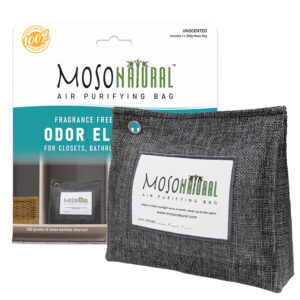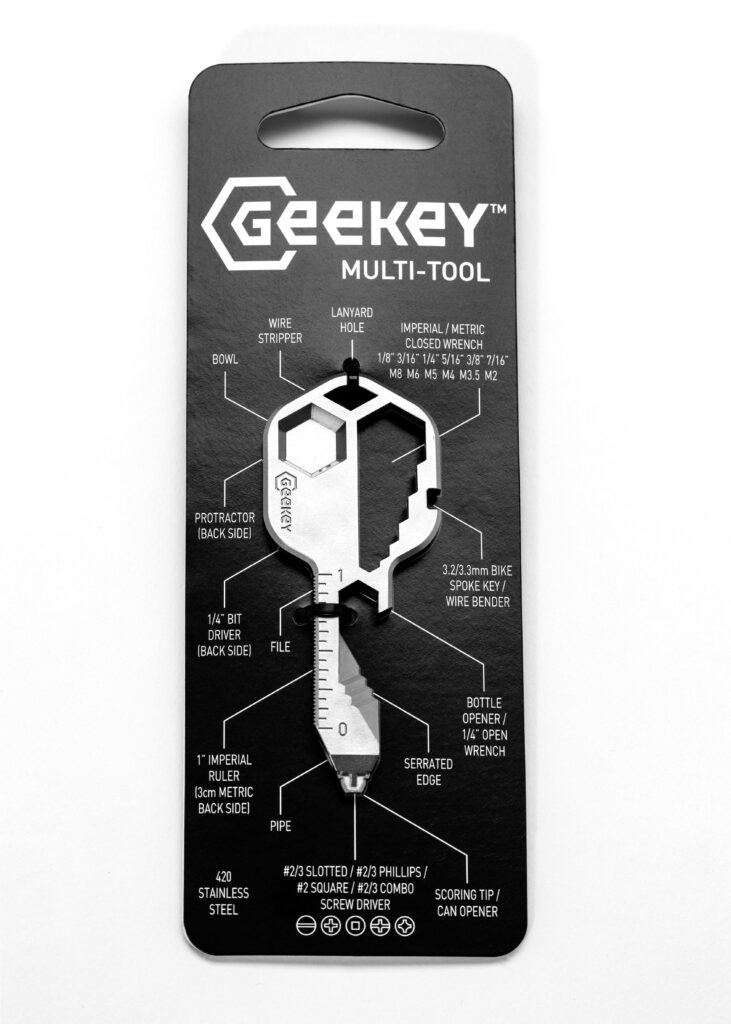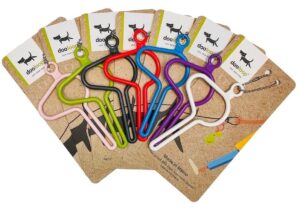
SunnyBay Hands-free Neck Wrap
Days get long and our bodies get tired. What a better way to unwind and relax than with a comforting heat wrap for your neck. MamatheFox personally uses and loves this neck wrap, especially on a cold winter night. To warm this neck wrap up you simply place it in the microwave for 1 minute. I then take it out, move around the inside ‘beans’ and then warm in the microwave for another minute. The weight of this wrap is so soothing, not at all a burdening feeling. You can use it on not only your neck and shoulders but around your knees, feet, hands and other body parts. Its pain relief that works.
 Rengöra Candles
Rengöra Candles
MamatheFox loves a good candle. These candles from Rengöra are simply perfect. They burn nicely, have the best smell and the containers are attractive too. Lavender & Eucalyptus are the scents in Nightfall, and in Twilight you’ll find the combination of English Pear and & Freesia. Made with 100% soy wax this candle burns for 40+ hours. The stress relief you will find in these aromatherapy candle is guaranteed to help you relax at the end of the day. Run a hot bath, light your Rengöra candle and rest.
Rengöra Bath Bombs Gift Set 
Give the gift of a relaxation with Rengöra bath bombs. This set comes with 6 lovely bath bombs in 6 different scents and colors. They contain only organic, natural, vegan and cruelty-free ingredients. They will never stain your bathtub and not lee your tub slimy after it drains. The set includes Relax – Lavender, Pamper – Rose, Refresh – Mint, Breathe – Eucalyptus, Soothe – Vanilla, and Energize – Orange. MamatheFox has been using these particular bath bombs for years and our children love them too. Since they are organic I feel comfortable letting the kids have a fun bath with a cruelty-free bath bomb.
 AVAKA’S 3-IN-1 Beauty Tool
AVAKA’S 3-IN-1 Beauty Tool
AVAKA’S 3-in-1 Face Roller is the easy way to stay shine-free! The clay and mineral balls naturally soak up any unwanted oils on clean skin or over makeup without disrupting it. Having an extra 2nd ball helps you conveniently change, and air dries the ball without instantly any downtime. They have included an authentic Rose Quartz Ball. The properties of a rose quartz ball are healing ions that work below the skin’s surface to calm redness, reduce puffiness, and flush lymphatic waste. Also, AVAKA’S Cryo Face Roller. This ball refill constricts blood vessels to reduce a ‘tired’ look visibly and to brighten your skin for an instant glow! For extra cooling, chill the Cryo-Ball in the fridge to combat under-eye puffiness and to give your complexion a firm, taut look.
Bold Made 
This family game can be played like a classic game of Old Maid and Go Fish Games. Every card features bold women such as Ruth Bader Ginsburg, Malala Yousafzai, Temple Grandin, Marie Curie, & Harriet Tubman. Inspirational & Educational games for girls & boys! Every round runs for only 15 minutes and is great for 2 to 4 players. This makes our strong women playing cards perfect for family game nights and birthday parties. Includes 40 Cards featuring inspiration women, 34 Action Cards and Wild Cards, 1 Bold Made Card, 16 page booklet with information about each of the women. Makes a great game to play as a family when your holiday visitors come over.

MyCHELLE Dermaceuticals
MyCHELLE products are Vegetarian, Cruelty-free, and Free of Phthalates, Parabens, Petroleum, Sulfates, Ureas, Artificial Fragrances and Colors. They are a leader in creating effective, eco-friendly products that are science-driven and help to get real results for all skin types. Nenew, strengthen, highlight and correct your skin using their full like of products. MamatheFox personally loves their Hydrate line. It’s perfect for aging skin looking to get that smooth and youthful feel. Look into their Deep Repair Cream in the Hydrate line – it provides ultimate hydration to enrich and help reduce the visible signs of aging. A nourishing blend of antioxidants, including Kombuchka Tea, rich in polyphenols and Vitamin B, revives and rejuvenates skin’s appearance.

Embossed Rolling Pin
This is such a unique gift and is perfect for Christmas time. These 100% pure, high-grade solid beech wood rolling pins are food-safe and free of BPA or other toxins. Each piece of wood is carved into the rolling pin shape before it is engraved with the detailed, decorative pattern. Meticulous attention to detail is taken at every stage of production when these rolling pins are being made. Making desserts like cookies and pies is so easy with this rolling pin, but also other items like homemade noodles and/or pasta. The rolling pin can be used with other mediums like clay too. At 17.5 inches in total, the patterned portion is 9.5 inches in length; a very large size for pattern making. Lots of different patterns are available, not just Christmas themed! Get one of these rolling pins for someone on your list asap.
 CatLadyBox Subscription Box
CatLadyBox Subscription Box
CatLadyBox, a subscription box for cat lovers, designs cat-themed items so you can show off your cat lady pride in style. Every CatLadyBox comes with 3-4 ameowzing items for cat ladies, plus choose the “Crazy” CatLadyBox and you’ll also get cat toys for your kitties, too! Select from the1, 3, or 6-month plan and receive your purr-fect box right at your doorstep. This is great for any gal who loves cats. Each month you can be surprised with curated cat products that you will just love. They hand-select a fabulous assortment of high-quality cat-themed jewelry, stylish shirts and accessories, cat-inspired inspired decor, glassware, and more, and deliver them right to your door. Six years ago, Dorian founded Your Daily Cute, a blog dedicated to cute cat videos. A year later, with the support of the blog’s thousands of animal-loving followers, she started Santa Paws Drive, an annual holiday toy and treat drive for shelter animals. The next year, she teamed up rescue connections she made through the drive and started Cute Transport Network, a network of hundreds of volunteers who help drive cats to new homes and no-kill shelters all over the country. More than 450 cats have been saved through this incredible program in the past two years alone. That’s some serious cat lady power!
 Gracefully Made Birth Flower Bracelet
Gracefully Made Birth Flower Bracelet
Gracefully Made is a beautiful jewelry shop with unique personalized options. From necklaces to bracelets to a la carte options, Gracefully Made can make any gift memorable and unique. Birth flowers have quickly become the modern day birthstone to represent the next generation of loved ones. The Birth Flower Bracelet is an elegant and timeless gift for any mother or grandmother. With a 5/8″ flower stamped disc charm and an added birthstone adornment, this bracelet is simplistic and dainty. The bracelet comes in silver, gold, or rose gold and each disc and stone can be personalize to specific birth months. This holiday season let Gracefully Made Jewelry bring the style and sentiment!
Nola Tote
 Diaper bags have evolved so much in design and usage. We require them t0 hold so much more than ‘just diapers’ while still fitting into today’s style and trend. The Nola Tote by Kalencom is the perfect mix of modern and functional. Made from a water-resistant synthetic cotton, the Nola Tote is durable and most importantly, easy to keep clean. It includes a changing pad that fits perfectly in a pocket and matches the style of the bag! The adjustable stroller straps fit any stroller and makes finding baby supplies simple and quick! The front of the bag is equipped with 5 small pockets to keep everything separated and organized, while the back is one giant pocket for documents, personal items, and more. The Nola Tote comes in three different designs. Be sure to check out the family owned business for more quality baby brands and products!
Diaper bags have evolved so much in design and usage. We require them t0 hold so much more than ‘just diapers’ while still fitting into today’s style and trend. The Nola Tote by Kalencom is the perfect mix of modern and functional. Made from a water-resistant synthetic cotton, the Nola Tote is durable and most importantly, easy to keep clean. It includes a changing pad that fits perfectly in a pocket and matches the style of the bag! The adjustable stroller straps fit any stroller and makes finding baby supplies simple and quick! The front of the bag is equipped with 5 small pockets to keep everything separated and organized, while the back is one giant pocket for documents, personal items, and more. The Nola Tote comes in three different designs. Be sure to check out the family owned business for more quality baby brands and products!
AlexRoss 
Alex Ross World delightful art on aprons, towels and wine totes share a glimpse of tender paws in your everyday routine thanks to Artist Alex Ross decking out kitchen accessories with animated portrait paintings of pets in action, sure to gain a reaction for pet lovers! Alex’s aprons are high quality, durable, and custom made on white 100% spun polyester with Sublimation printing that will not fade. Check out her entire line also of Flour Sack and Tea Towels that showcases: cats, dogs, puppy and kitty designs. She also offers NEW wine tote bags. Great gifts to bring to a Holiday gathering!
 Aardvark Book Club
Aardvark Book Club
Take a journey into joining the Aardvark Book Club subscription this Holiday season! It takes the #booktok addict or avid reader in your life on a new adventure every month with hardcover new releases delivered to their doorstep. Aardvark Book Club Members can select up to 3 books every month from a curated selection of new releases historical fiction, contemporary fiction, romance, thriller, mystery, narrative nonfiction, horror, sci-fi, literary fiction, and more. The team releases limited-edition hardcover copies branded with their logo for their subscribers. This community-first small business encourages newcomers to get the subscription as a gift this season. Membership is $17.99 USD/month (accounts for 1 book) and $9.99 for each extra book. There’s also an Aardvark Book Club App, which is available for download on Apple or Android devices. In addition to allowing members to easily browse new releases, the app includes access to Aardvark Book Club’s growing international community of self-proclaimed bookworms — it’s a like a book club in your pocket!
Flexi Clip

The Flexi Clip by Lilla Rose is a great gift or stocking stuffer for any woman you are shopping for. These stylish clips are a fun and unique way for women to dress up their hair for any occasion. The innovative design of these one piece hair clips makes them suitable for all hair types. Flexi Clips are made using piano wire, so the hair pieces are super strong while also being really flexible. This means no headaches! As a woman, being able to throw your hair up in a flash is a must! The Flexi Clips allow for quick, painless, and all day ware. Lots of styles and sizes are available for purchase on their site, all at a low price tag!































 Aardvark Book Club
Aardvark Book Club 


















